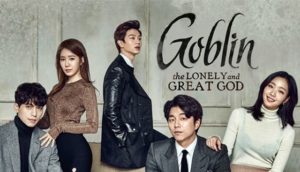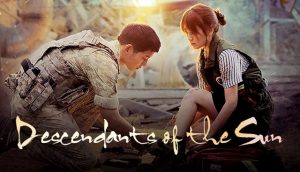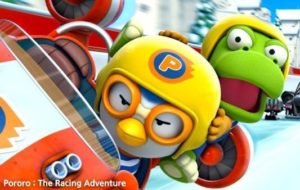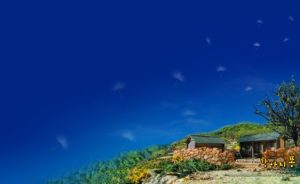“Strong Woman Do Bong-Soon” (힘쎈여자 도봉순)
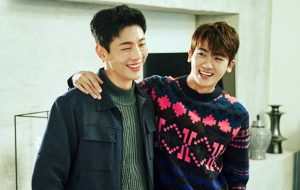
“Strong Woman Do Bong-Soon” came out around the same time as “Weightlifting Fairy Kim Bok-Joo.” And that was one reason why I waited so long to watch it. While the latter was a cute drama, it wasn’t great. “Strong Woman” is a wonderful series that started off with so much potential. The first few episodes were so great that I thought I might be awarding it four stars. But I ended up docking it a point, because of the cringe-inducing way it treated gays.
